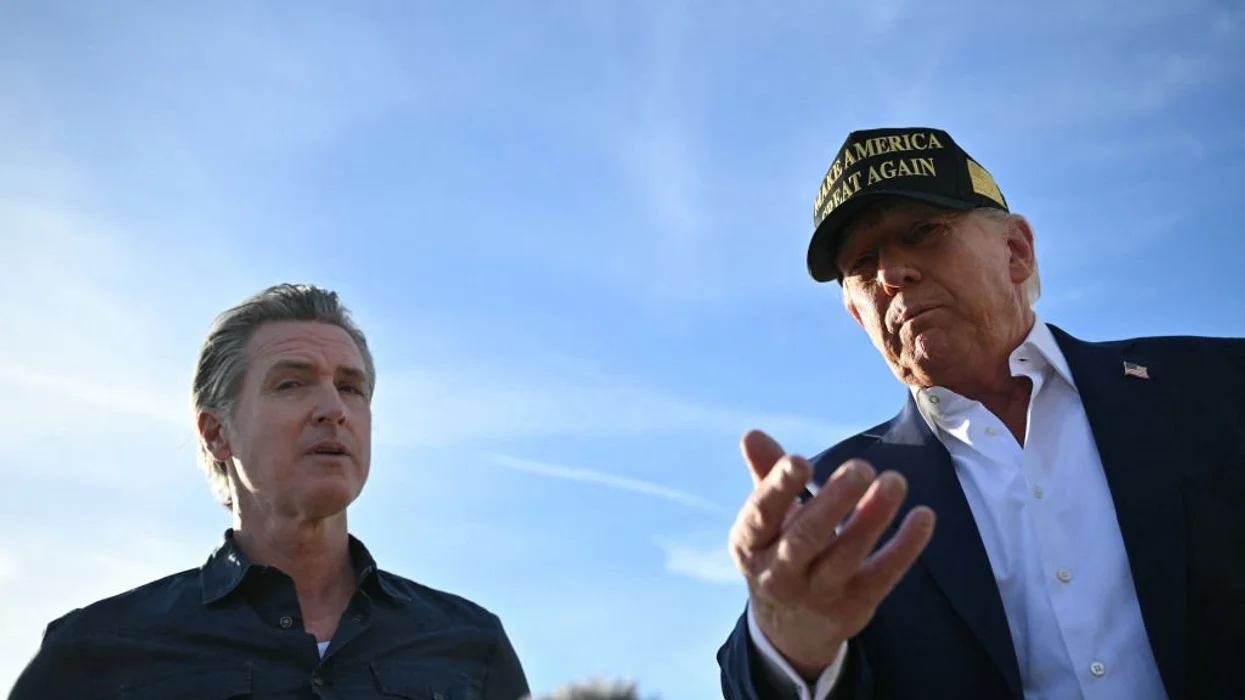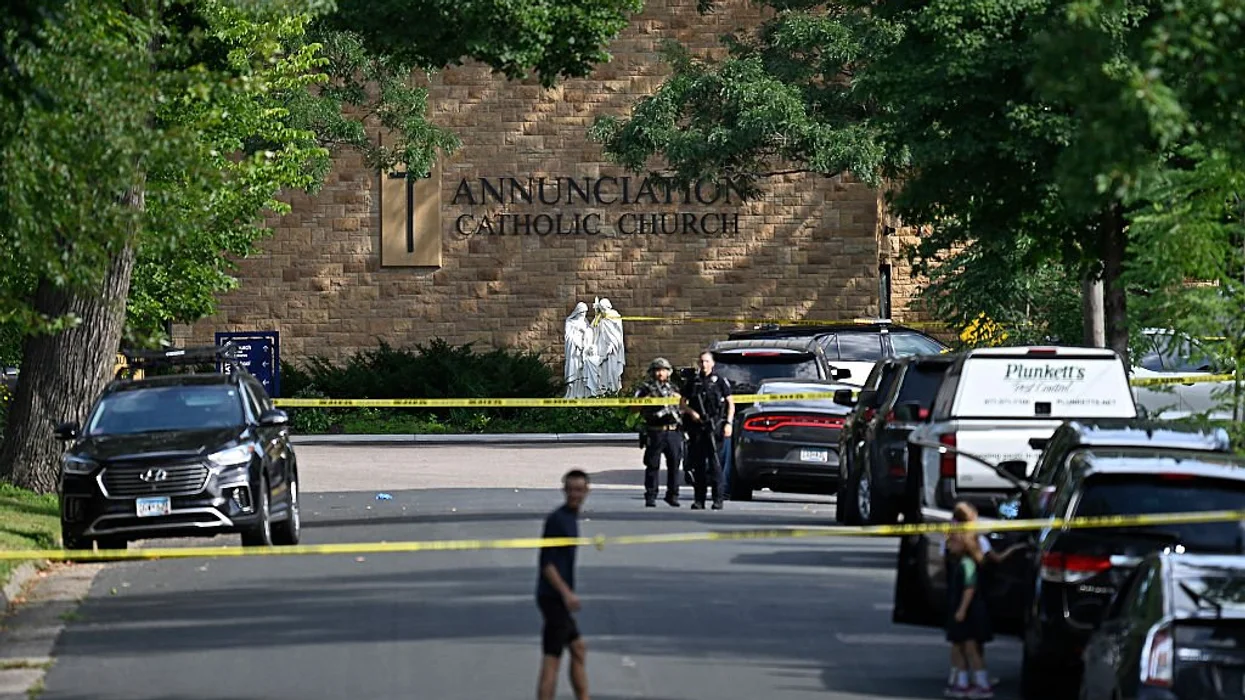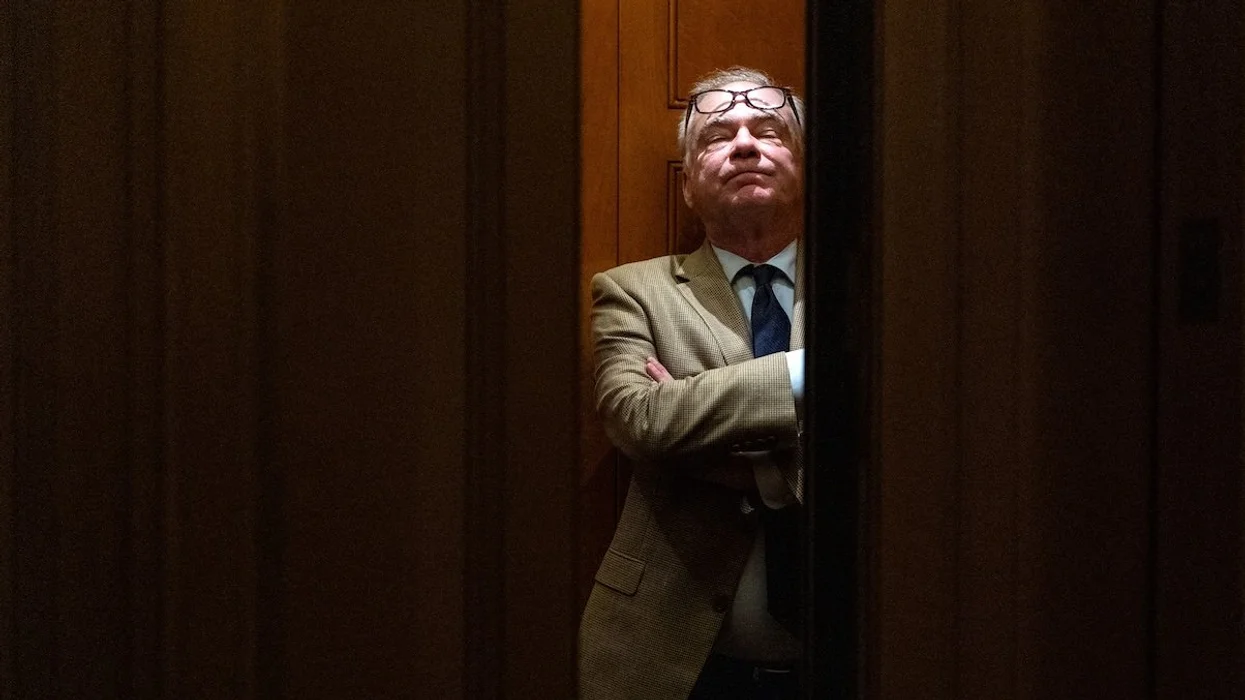Investigative journalist Seymour M. Hersh is claiming that President Barack Obama mislead the public and omitted important information in making a case for a potential strike on the Bashar al-Assad regime in Syria.
Writing in the London Review of Books, Hersh said that Obama "did not tell the whole story" surrounding who was responsible for a chemical weapons attack that killed an estimated 1,400 people on Aug. 21 near Damascus.
 Syrian President Bashar Assad (Credit: AP Photo/SANA, File)
Syrian President Bashar Assad (Credit: AP Photo/SANA, File)
"In some instances, (Obama) omitted important intelligence, and in others he presented assumptions as facts," Hersh wrote.
He added, "Most significant, he failed to acknowledge something known to the U.S. intelligence community: that the Syrian army is not the only party in the country’s civil war with access to sarin, the nerve agent that a UN study concluded -- without assessing responsibility -- had been used in the rocket attack."
In preparing classified reports before the August attack unfolded, Hersh said that the al-Nusra Front, an Islamist al-Qaeda affiliate, was found to be able to produce sarin and, thus, should have been a suspect -- but the journalist said that the U.S. government "cherry-picked intelligence to justify a strike against Assad."
Hersh wrote:
But in recent interviews with intelligence and military officers and consultants past and present, I found intense concern, and on occasion anger, over what was repeatedly seen as the deliberate manipulation of intelligence. One high-level intelligence officer, in an email to a colleague, called the administration’s assurances of Assad’s responsibility a ‘ruse’. The attack ‘was not the result of the current regime’, he wrote. A former senior intelligence official told me that the Obama administration had altered the available information – in terms of its timing and sequence – to enable the president and his advisers to make intelligence retrieved days after the attack look as if it had been picked up and analysed in real time, as the attack was happening. The distortion, he said, reminded him of the 1964 Gulf of Tonkin incident, when the Johnson administration reversed the sequence of National Security Agency intercepts to justify one of the early bombings of North Vietnam. The same official said there was immense frustration inside the military and intelligence bureaucracy: ‘The guys are throwing their hands in the air and saying, “How can we help this guy” – Obama – “when he and his cronies in the White House make up the intelligence as they go along?”’
Hersh said that it's likely that, at some point, Obama was confronted with information that called Assad's definitive culpability into question, which likely persuaded the president away from his potential attack plan.
That said, the journalist also noted the end result of the incident -- a UN resolution that requires Syria to eliminate its chemical weapons -- could mean that the only parties with access to sarin ingredients in Syria are the al-Nusra Front and other Islamist factions like it.
 This Thursday, Aug. 22, 2013 file image provided by by Shaam News Network, which has been authenticated based on its contents and other AP reporting, purports to show several bodies being buried in a suburb of Damascus, Syria during a funeral on Wednesday, Aug. 21, 2013. (Credit: AP Photo/Shaam News Network, File)
This Thursday, Aug. 22, 2013 file image provided by by Shaam News Network, which has been authenticated based on its contents and other AP reporting, purports to show several bodies being buried in a suburb of Damascus, Syria during a funeral on Wednesday, Aug. 21, 2013. (Credit: AP Photo/Shaam News Network, File)
As noted, a UN report released in September did not definitively say who launched the attack near Damascus, though the use of sarin was confirmed.
TheBlaze previously reported on the complex situation in Syria, noting that there are a number of groups competing to gain power.
Read Hersh's entire report here.
(H/T: Gawker)
--
[related]

 Syrian President Bashar Assad (Credit: AP Photo/SANA, File)
Syrian President Bashar Assad (Credit: AP Photo/SANA, File)





